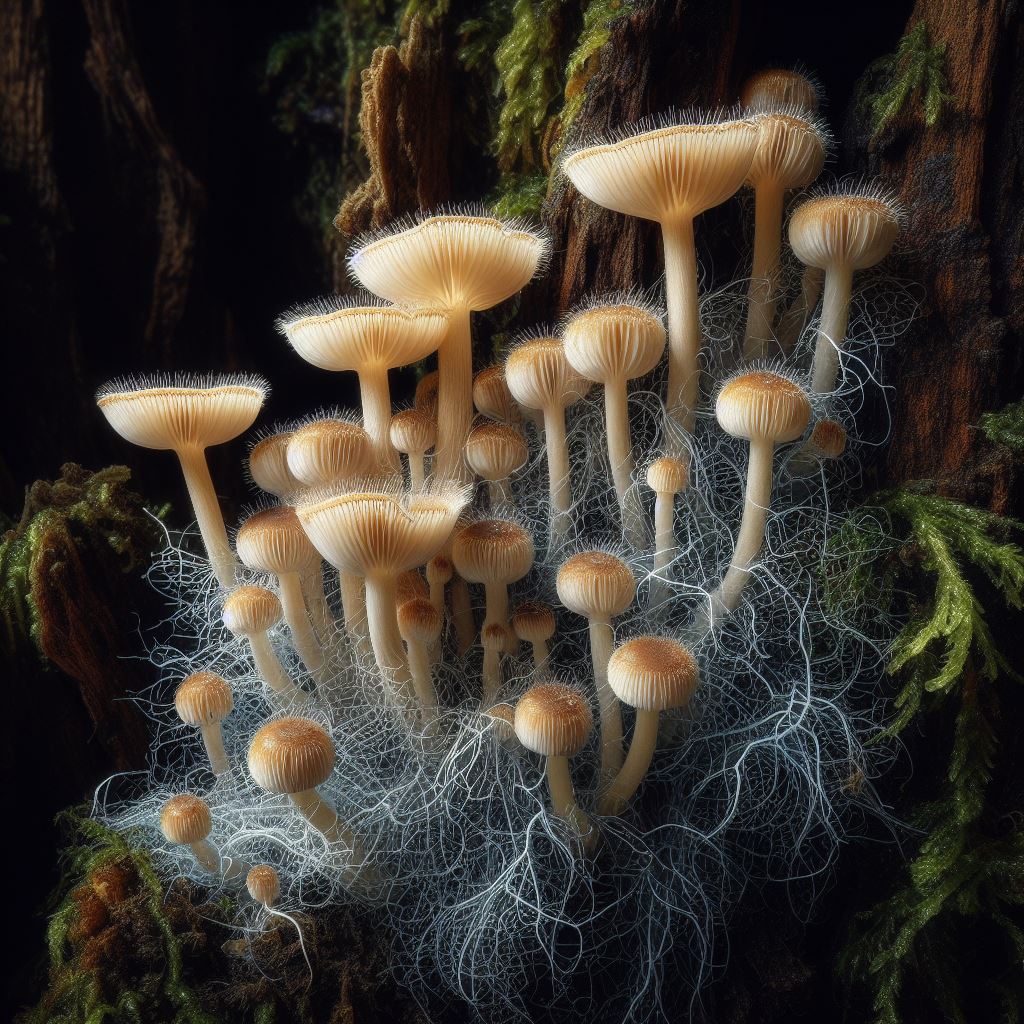
Mushroom on Health 36: Fungi's Role in Ecosystems and Human Health
Fungi, a diverse group of organisms, play a crucial role in ecosystems and human health. From decomposing organic matter to producing antibiotics, fungi have a significant impact on our world. In this blog post, we will explore the fascinating world of fungi and their contributions to both the environment and our well-being.
What are fungi?
Fungi are eukaryotic organisms that include mushrooms, yeasts, and molds. They are distinct from plants, animals, and bacteria. Fungi obtain nutrients by breaking down organic matter, such as dead plants and animals, through a process called decomposition.
How do fungi contribute to ecosystems?
Fungi play a vital role in nutrient cycling and ecosystem functioning. They break down complex organic compounds, releasing essential nutrients back into the environment. This decomposition process is crucial for the recycling of carbon, nitrogen, and other elements, making them available for other organisms.
Are all fungi beneficial?
While many fungi have positive impacts on ecosystems, some can also cause harm. Pathogenic fungi, for example, can cause diseases in plants, animals, and humans. However, it's important to note that the majority of fungi are not harmful and actually provide numerous benefits.
How do fungi benefit human health?
Fungi have been used for centuries in traditional medicine. They produce a wide range of bioactive compounds, including antibiotics, immunosuppressants, and cholesterol-lowering drugs. Penicillin, one of the most well-known antibiotics, is derived from a fungus called Penicillium.
Can fungi be used for environmental purposes?
Yes, fungi can be harnessed for various environmental applications. Mycoremediation, for instance, is the use of fungi to clean up contaminated environments. Fungi have the ability to break down pollutants, such as oil and pesticides, and convert them into less harmful substances.
What are some examples of fungi in ecosystems?
Lichens, a symbiotic association between fungi and algae, are often found in harsh environments, such as deserts and tundras. They can survive extreme temperatures and low nutrient availability, making them important pioneers in ecosystem succession.
How can we protect fungi and their habitats?
Conserving natural habitats and reducing pollution are crucial for the preservation of fungi and their ecosystems. Additionally, raising awareness about the importance of fungi in our daily lives can help promote their protection and sustainable use.
Conclusion
Fungi are incredible organisms that play a vital role in ecosystems and human health. From their role in nutrient cycling to their potential in medicine and environmental applications, fungi have a profound impact on our world. By understanding and appreciating the importance of fungi, we can work towards a more sustainable and healthy future.
